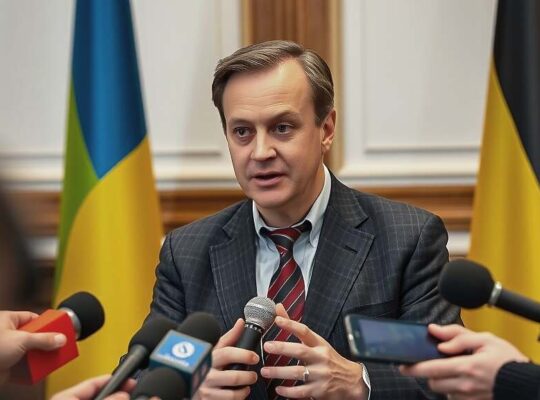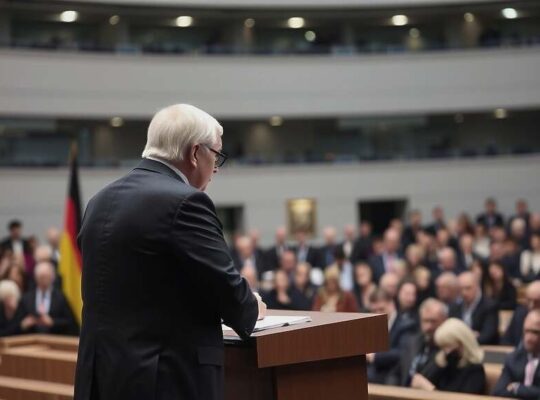Following a two-day summit in Mainz, state premiers across Germany have approved a series of policy measures aimed at bolstering the nation’s economic resilience, enhancing security protocols and modernizing governmental structures. Rhineland-Palatinate’s Minister President, Alexander Schweitzer (SPD), announced the decisions, highlighting a concerted effort to address key challenges facing the country.
A core focus of the deliberations centered on safeguarding Germany’s industrial base amidst growing global economic uncertainties. Premiers underscored the urgency of accelerating the negotiation and ratification of trade agreements, emphasizing the need for a diversified network of international partnerships. This stance reflects a clear apprehension regarding escalating trade tensions, particularly the lingering impact of high US tariffs on steel and aluminum imports. While acknowledging the importance of maintaining relationships with the United States, the states signaled a strategic pivot towards strengthening collaborations with nations like Japan and Canada to mitigate potential disruptions to vital supply chains. Critics argue, however, that this reactive approach fails to address the underlying structural issues within the German steel industry itself, highlighting a reliance on reactive measures rather than fundamental reform.
Beyond the economic sphere, the conference addressed the burgeoning challenges surrounding civil defense preparedness. Schweitzer explicitly called for a comprehensive reassessment of responsibilities shared between the federal government, individual states and local municipalities. This signals a recognition that current frameworks are inadequate to handle escalating geopolitical instability and potential domestic crises. The newly approved security package, intended to “improve the feeling of safety” amongst the population, faces scrutiny. Some political analysts question whether such measures represent a genuine improvement in security or serve as a performative response intended to quell public anxieties without tackling the root causes of insecurity.
The emphasis on broad-stroke security initiatives also raises concerns about potential overreach and erosion of civil liberties if not carefully implemented and oversighted. The timing and scope of the measures are likely to draw further parliamentary debate and public examination.












